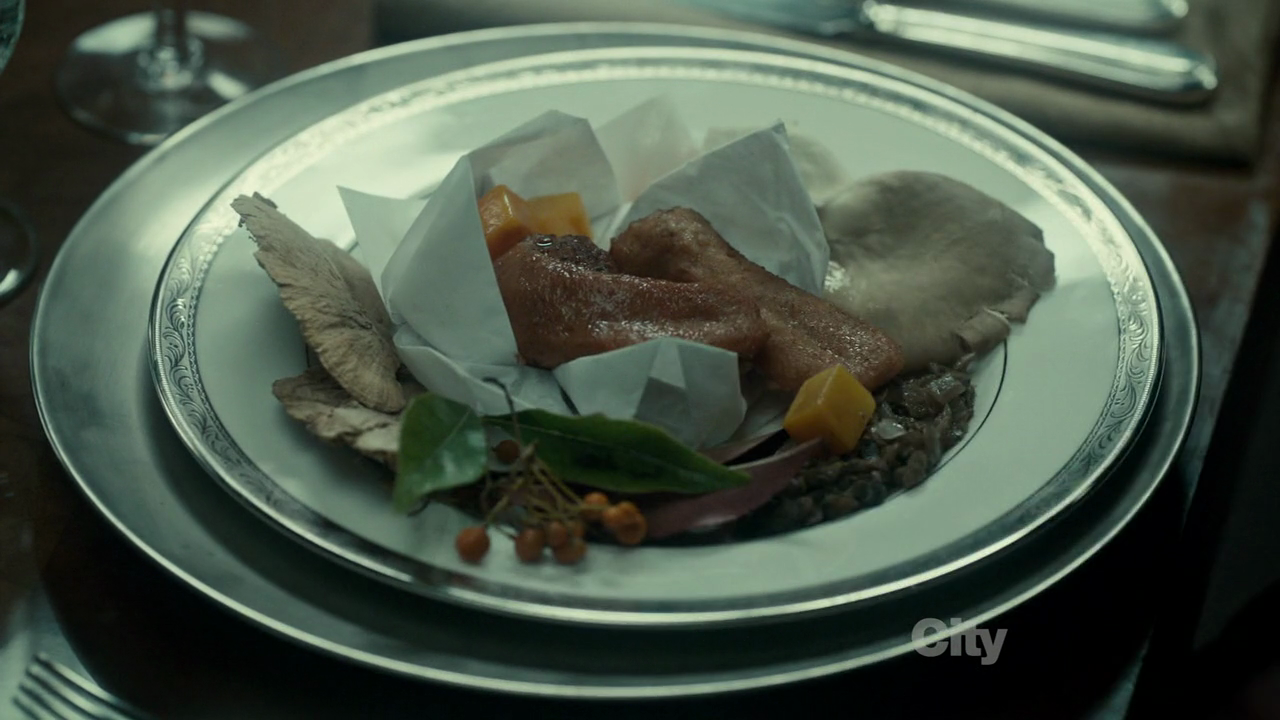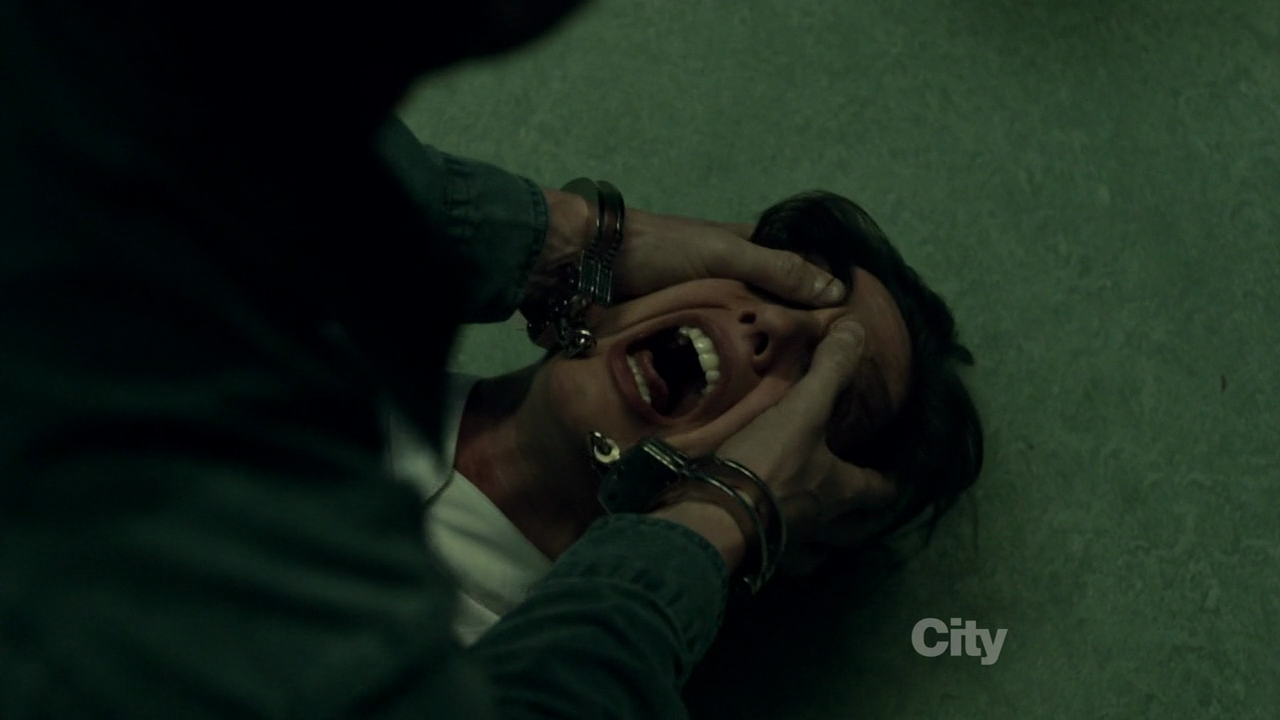Knock Knock Review
I’ve said before that my basic standard for Doctor Who at this point is “show me something I haven’t seen before.” It doesn’t have to be huge. Punch a racist, fail to explore some interesting ideas about indigenous species, it’s fine. I just want some sense of freshness and innovation. By that standard, then, Knock Knock is a complete and utter bust. Which feels at least slightly unfair, since it’s a perfectly well-made and (mostly) well-written episode, but if I wanted drab competency without even a trace of original thought I’d watch a Chris Chibnall show.
Actually, the snark about Chibnall is slightly unfair, because the culprit in Knock Knock’s abject blandness is pretty obvious: this is 100% down to the malign influence of Blink. And not just in the sense that it’s literally the same house, but in the fact that it’s a house in the first place. Once upon a time, when Doctor Who wanted to be scary it would, you know, do some scary stuff. Monsters stalking the Blitz. Weird Satanic horror on an alien world. Evil tourist busses. Or, frankly, any number of scary ideas from the classic series, only a handful of which were ever “haunted house.”
And then came Blink, and suddenly the standard shifted. This is the fourth straight-up unreconstructed haunted house in a decade. And that’s not even counting stuff like The Eleventh Hour, Silence in the Library, or The Day of the Moon, which are all rooted in the logic of the haunted house. And yes, those are all conspicuously Moffat episodes, as was Blink. This is unmistakably his rut that we’re stuck in. But his episodes, at least, tend to accomplish my basic desire by mashing up the haunted house style of horror with something else. This, on the other hand, is just a spooky house with the same twist as The Empty Child/The Doctor Dances. There’s a bit in Doctor Who Magazine that talks about making this the “ultimate haunted house,” but it’s hard to see where that was done.
What’s weird is that it’s not even like the haunted house has been paying that impressive dividends since Blink. Sure, Hide was decent, but it was burnished by the fact that the back half of Series 7 was curiously devoid of classics. Night Terrors was crap. And yet somehow, in the wake of Blink, the haunted house has become a Doctor Who standard to be reiterated regularly. And there’s no real reason that should be. I mean, the other obvious Moffat-era defaults, out of control technology and monsters that aren’t actually malevolent, are at least interesting points that feel relevant to the present historical moment. The haunted house, on the other hand, just feels like a tired attempt to recapture lightning in a bottle while apparently completely misunderstanding what was actually interesting about Blink. It doesn’t have anything particularly interesting to say in and of itself. I have little doubt there is an interesting haunted house to do in 2017, but if there were four really interesting haunted houses across all of television in the last decade that’d be a surprisingly big decade for haunted houses.…

 ENTRÉE: With the episode titles in French, this does not carry the English meaning of “main course” per se, but rather refers to a transitional course between fish and meat dishes. In truth the meaning is double, flagging this episode’s status as a transitional one in the season and its status as the first one since “Aperitif” to be focused entirely on the arc plot.
ENTRÉE: With the episode titles in French, this does not carry the English meaning of “main course” per se, but rather refers to a transitional course between fish and meat dishes. In truth the meaning is double, flagging this episode’s status as a transitional one in the season and its status as the first one since “Aperitif” to be focused entirely on the arc plot.

 COQUILLES: Coquilles are shells, referring either to shellfish like oysters or to casseroles served in a shell-shaped dish. The poetic meaning would involve something about how people are just shells for the higher angelic spirit within. The crass (and likely intended) meaning is a visual pun based on what happens when you flay wings off of someone’s back.
COQUILLES: Coquilles are shells, referring either to shellfish like oysters or to casseroles served in a shell-shaped dish. The poetic meaning would involve something about how people are just shells for the higher angelic spirit within. The crass (and likely intended) meaning is a visual pun based on what happens when you flay wings off of someone’s back. ŒEUF: One of the least nuanced titles (and indeed episodes) of the show, œuf simply means eggs, a straightforward reference to the episode’s themes of family and parentage.
ŒEUF: One of the least nuanced titles (and indeed episodes) of the show, œuf simply means eggs, a straightforward reference to the episode’s themes of family and parentage.